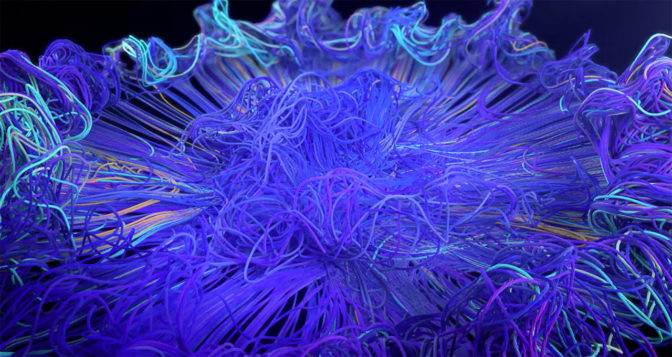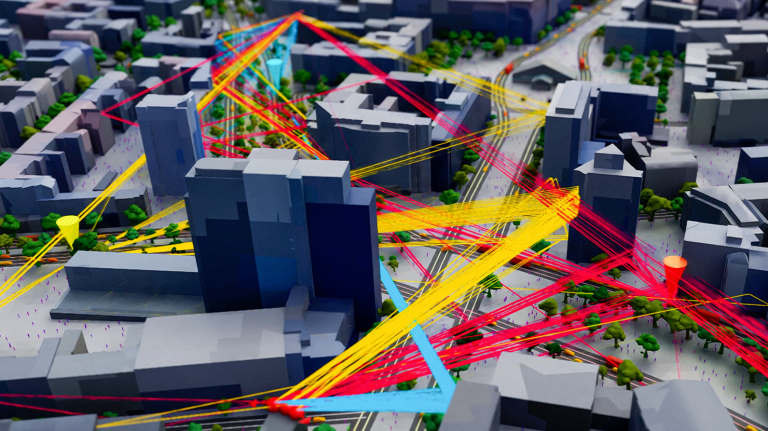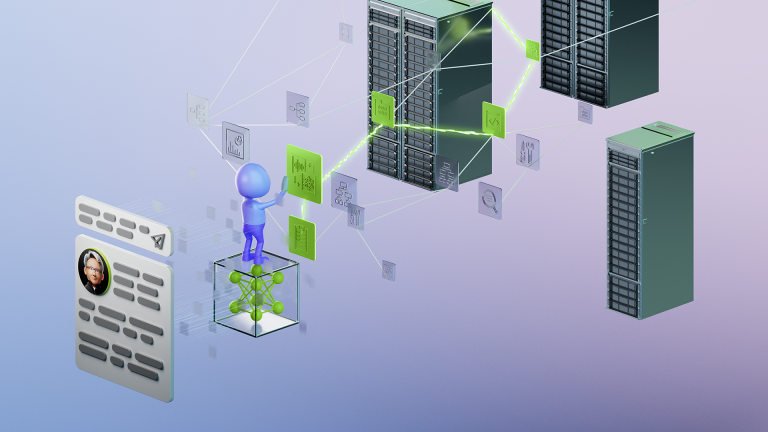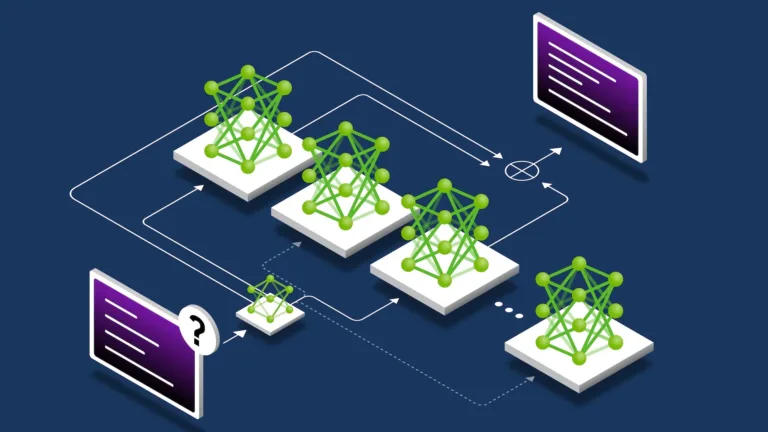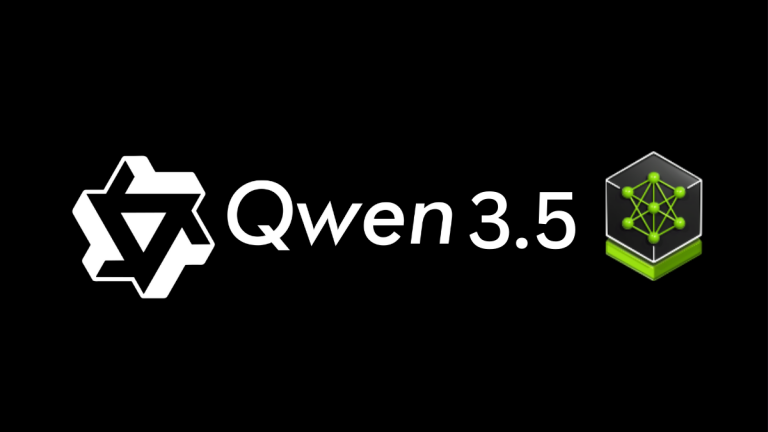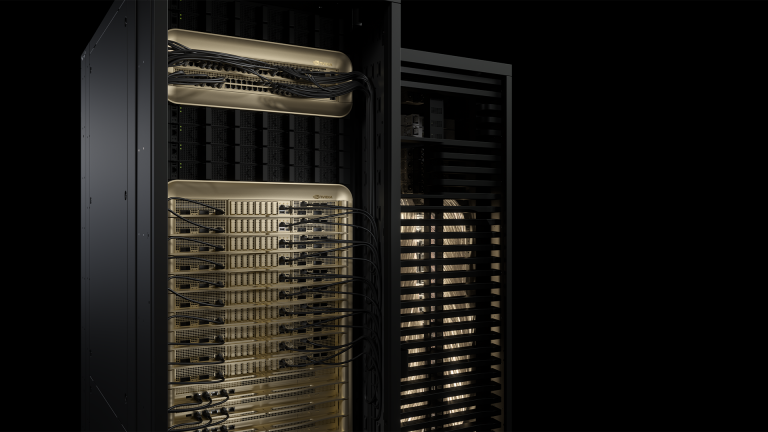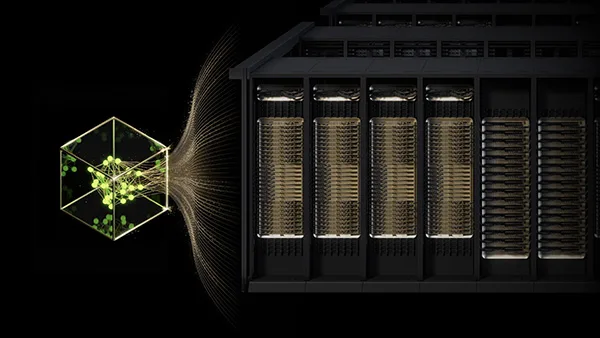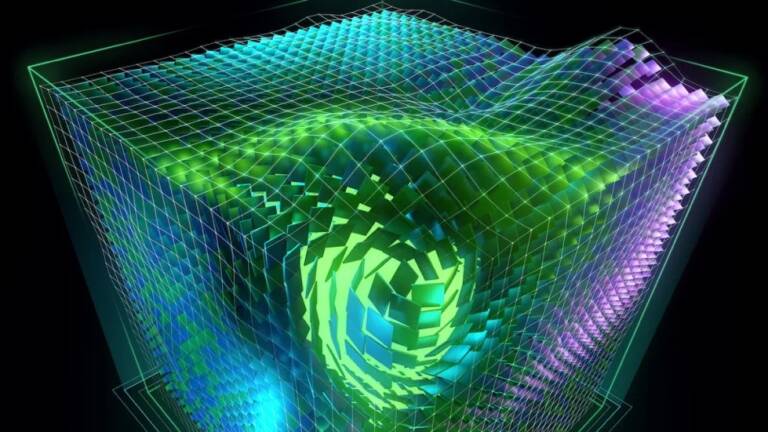WFH was likely one the most-used acronyms of the past year, with more businesses looking to enhance their employees’ remote experiences than ever.
Creative production studio Taylor James found a cloud-based solution to maintain efficiency and productivity — even while working remotely — with NVIDIA RTX Virtual Workstations on AWS.
With locations in New York, Los Angeles, London and Mexico, Taylor James creates stunning content for projects like interactive experiences, product commercials for automotive clients and visuals for healthcare campaigns.
Previously, the IT team at Taylor James faced the challenge of supporting an inconsistent desktop environment, where some users had more powerful machines and capabilities than others.
The studio also wanted to upgrade its infrastructure of on-premises hardware, which consisted of render farms and storage servers with lengthy service contracts and minimal opportunity for cost efficiencies.
Adopting NVIDIA RTX Virtual Workstations on AWS, Taylor James migrated all of its production operations to the cloud, providing all of its artists with powerful virtual machines accessible from anywhere.
This allowed the studio to better equip its creative teams to do their best work, while expanding their workforce by attracting top candidates who could work from anywhere — without the constraints of in-office desktop equipment.
“With NVIDIA RTX Virtual Workstations on AWS, we have access to the latest technology all the time,” said Mark Knowles, general manager of Creative Production at Taylor James. “This provides us with the ultimate flexibility and scalability.”
Enhancing Content Creation From the Cloud
“NVIDIA’s technology enables our artists to create accurate simulation of real-world objects and physics, and produce the highest quality visual effects.”
— Mark Knowles, general manager of Creative Production, Taylor James
Taylor James’s digital artists require access to graphics and compute-intensive applications for rendering and creative production, such as Autodesk Maya, Arnold, 3ds Max and Foundry Nuke, many of which are now accelerated by NVIDIA RTX technology.
These artists also use real-time rendering with apps like Maxon Cinema 4D and Redshift, and produce high-resolution automotive rendering for online car configurators with Unreal Engine and Chaos V-Ray.
Taylor James relied on NVIDIA GPU-accelerated physical workstations in the onsite environment, so when it came time to move to AWS, the firm selected virtual workstation instances accelerated by NVIDIA RTX technology.
NVIDIA RTX Virtual Workstations come with all the benefits of RTX technology, including real-time ray tracing, AI, rasterization and simulation.
With NVIDIA RTX, artists realize the dream of real-time cinematic-quality rendering of photorealistic environments with perfectly accurate shadows, reflections and refractions, so that they can create amazing content faster than ever.
“Our designers and artists are masters at creating the most compelling, powerful storytelling that breaks the boundaries of visual production and provides transformative experiences to our audience,” Knowles said. “We require the most powerful accelerated virtual workstation technology, which can only be provided by NVIDIA.”
NVIDIA RTX also brings the power of AI to visual computing, which dramatically accelerates creativity by automating repetitive tasks, enabling all-new creative assistants and optimizing compute-intensive processes.
Artists also get immediate access to additional resources — like augmented and virtual reality tools with NVIDIA CloudXR, as well as IT support to spin up new virtual workstations tailored to specific tasks in a matter of minutes.
Learn more about NVIDIA RTX Virtual Workstations, and explore how NVIDIA is helping professionals tackle the most complex computing challenges.

